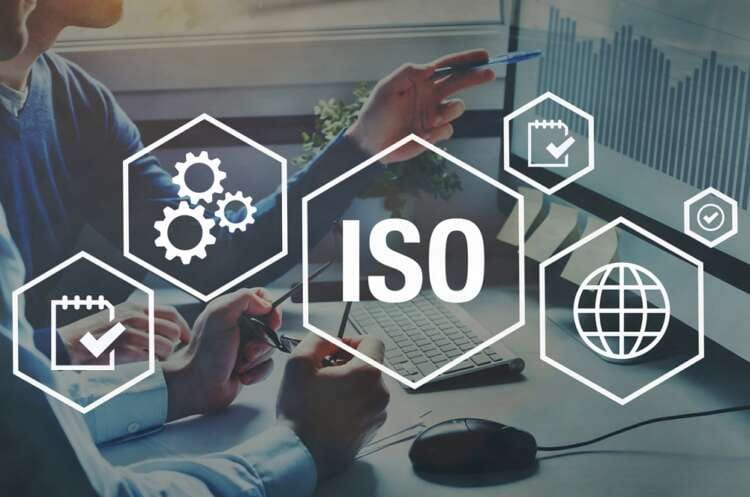
International Organization for Standardization or ISO is a non-government, autonomous entity. It comprises multiple international standards institutes. The headquarters are in Geneva and the center coordinates with 162 nations.
ISO certification gives a guarantee that the manufacturing process, management system, documentation procedure, or service fulfills the defined quality protocols and best practices. ISO has international recognition, which means the certified business is aligned with similar organizations across the world.
Best Practice is a leader in helping businesses prepare and achieve global ISO certification. Common certification standards accessible in Australia are –
- ISO 9001 – For quality management
- ISO 14001 – For environmental management
- ISO 27001 – For information security
- ISO 22000 – For Food safety management
- ISO 31000 – For Risk management
- ISO 45001 – For Occupational health & safety management
ISO-certified organizations are consistently monitored for improving structured processes. These businesses surpass in terms of quality, productivity, and efficiency. Each ISO standard differs but together they work in offering a robust, streamlined foundation for a successful business.
Good reasons to get ISO certification for small businesses in Australia
- Being ISO certified, your small business can win bids or contracts with renowned niche vendors or suppliers. Your small business is perceived as a reliable facility committed to offering premium quality products or services. You gain a competitive edge!
- Small businesses are tight on budget, so they need to operate efficiently with available resources. The ISO certification experts evaluate your resource use in different business areas and find zones from where savings are possible. It helps to reallocate resources wisely in the most productive processes.
- Implementing ISO standards helps to make decisions based on statistics and evidence.
- ISO certificates help in getting repeat customers valuable for your business using committed customer service. Customer queries and product issues are addressed ASAP.
- ISO standards restructure and blend regulations across different countries, which help to lift global trade. Trust and credibility of an ISO-certified small business increase across the supply chain.
- Society gets a choice of buying reliable and safe ISO-certified products or services at competitive rates.
- ISO-certified small businesses have better customer satisfaction and retention, low staff turnover as well as offer consistent quality.
Preliminary steps to obtain ISO 9001 standard certification
- Perform & pass an internal audit
- Hire a competent quality assurance consultant team to evaluate processes
- Document the systems and processes
- Define an appropriate quality management system
- Implement a quality management system
- Verify the quality management system
The certification process is simple but lengthy. It takes an average of 4 to7 weeks to get certified depending on your small business complexities and the consultant’s expertise to help in the quality management system’s implementation.
ISO 9001 standard covers the entire operations spectrum, so your product quality and productivity will surpass those of non-compliant competitors. ISO 9001 standards also cover customer care, which means enhanced post-sales service and a satisfied customer experience right from start to end. Best customer service means word-of-mouth referrals and loyalty essential to attract new clients.
An ISO certification helps to reduce costs, enhance market share as well as gain exposure to new markets!


